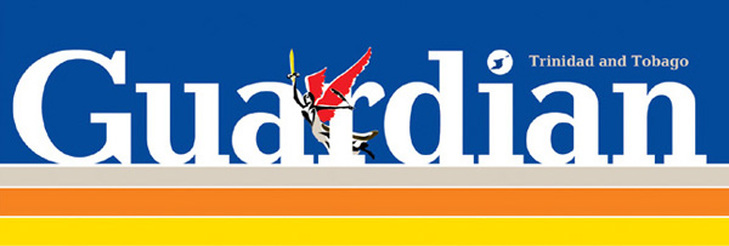From an anthropological perspective one problem with the outgoing government’s understanding of culture and by extension their Ministry of Multiculturalism and the Arts was simply they were wrong about what culture is and how culture works.
The definition of culture they used is the old idea of culture as a bounded entity with a checklist of characteristics. It’s the same concept of “culture” that white colonial administrators like the infamous Edward Long, author of a History of Jamaica, used.
The bounded model is ideal for creating supposedly insurmountable barriers between in-groups and out-groups. It is a separationist definition of culture, of Them vs Us, based on the onerous idea cultural differences are primordial and never change. When in reality all cultures are socio-cultural constructs based on history, environmental pressures and circumstances, and are constantly changing.
Many European and North American racists used the bounded idea of culture to justify slavery and colonialism. It is still popular with racists today, as post-election Facebook has shown this week. Such people believe culture is an essence people have that irreducibly defines them, and determines who they are as people and person. When more correctly, culture shapes rather than defines or determines.
Unfortunately, when governments pander to their racist ideologues and supporters rather than the cultural experts and adopt ill-conceived ideas, those ideas often shape mainstream thinking. They find fertile ground in an already damaged common sense with all the dangers and divisions this brings. Evidence of this racist contamination exists on both sides of the political divide.
In such a world, multiculturalism becomes a simplistic model. As Paul Ramlogan’s analysis of the assumptions embedded in our multiculturalism policy show, it’s racked with problems. For example, its creation ignored established multiculturalism theories and was formulated as a result of the ex-PM’s Indian Arrival day speech in 2010, suggesting the creation of public policies based on the ideologies of political parties. Furthermore, the bounded culture model shifted multiculturalism from a social phenomenon involving the accommodation of cultural diversity, to one seeking to commodify culture and reinforce social division.
As a legislative framework, simplistic and incorrect ideas about culture encourage discriminatory funding practices. Finances get allocated to cultural groups perceived to have been ignored by the previous administration, and this diverts away from building the political conditions and institutions to support equalisation of opportunities and resources for all.
For the anthropologist, culture is neither singular nor plural. It is everywhere. Cultures do not bounce off each other like billiard balls either. Rather, in “culture-contact,” cultures change. For example, the attitudes, values, dress and foods of either traditional African culture or East Indian culture in T&T are far more Afro and Indo Trinbagonian than they are either East Indian or African, no matter what leaders want us to believe.
Now, cultures are also always something we are inside of to such an extent, we often don’t notice the majority culture we are part of, and only the minority ones who in order to survive must make claims to difference. And, of course, this seems obvious: sometimes to protect cultural difference you must ensure it is bounded and clearly identified.
On the surface this makes a lot of sense but in practice, only a few members of a government decide which cultures and elements of cultural heritage to protect and not to protect. And even under such protection cultures do and always will change, no matter how tied to the past and its traditions anyone is.
So yes, culture shapes us all, but the important nuance to remember is culture does not determine or define people. On a daily basis, people all around the world step beyond their cultural “essence”; in T&T we share in each other’s foods, festivals, holidays, jokes, and much more. Many instinctively step beyond their majority culture all the time.
So it’s not culture stopping people changing or bringing out racism in them. It is amongst other things the ideas from the top influencing people. Just like Kamla’s provocative post-election petition, the old model of culture used by governments, a broken First-Past-the-Post election system, and poor policy decisions–all top-down ideas–infect peoples’ thinking and push them toward racial politics. But perhaps that was always the point.
Leaders ignore the truth about culture because it weakens the power the old model of culture hands them. For example, religious and political leaders have a vested interest in exaggerating the bounded and unchanging version of culture because it stops their ethno-racial flocks from moving away to new ideas and diluting their maximum leadership.
And before anyone thinks this is an attack on one party, our new Prime Minister, Dr Keith Rowley, in his universally welcomed winner’s speech on Monday night, talked about re-educating the children of the nation, in what sounded to this anthropologist like he was drinking from the same cup of “culture” as the outgoing government.
Let’s hope moving forward our new Government proves me wrong.
http://m.guardian.co.tt/columnist/2015-09-13/racism-and-politics-culture

 RSS Feed
RSS Feed